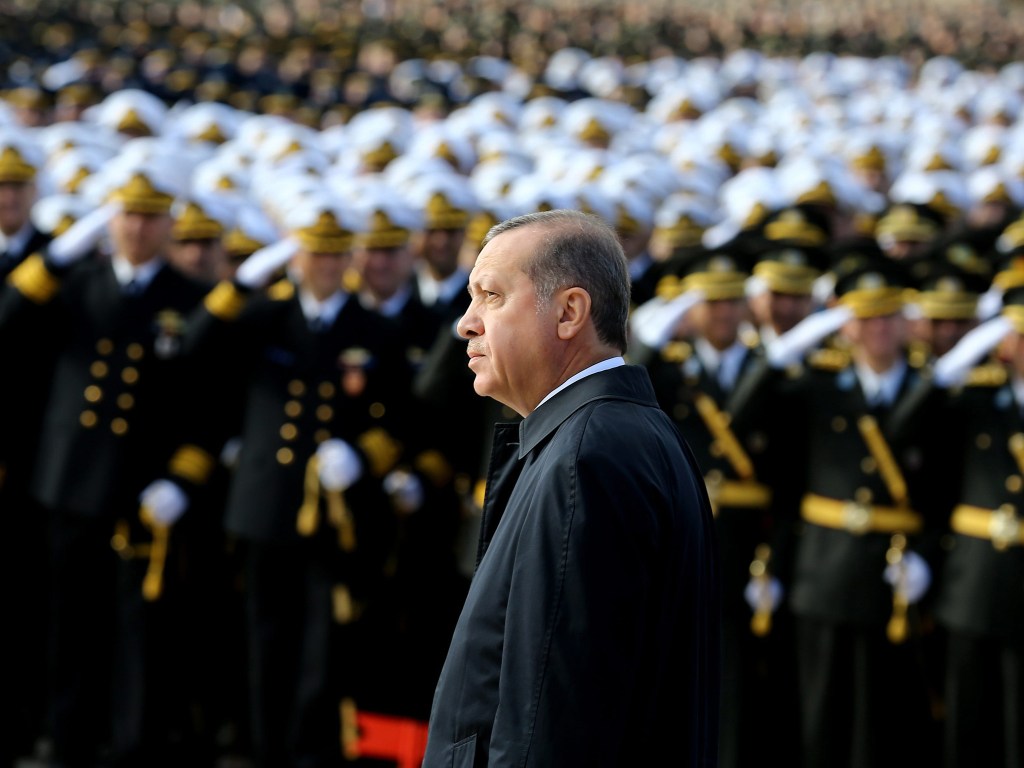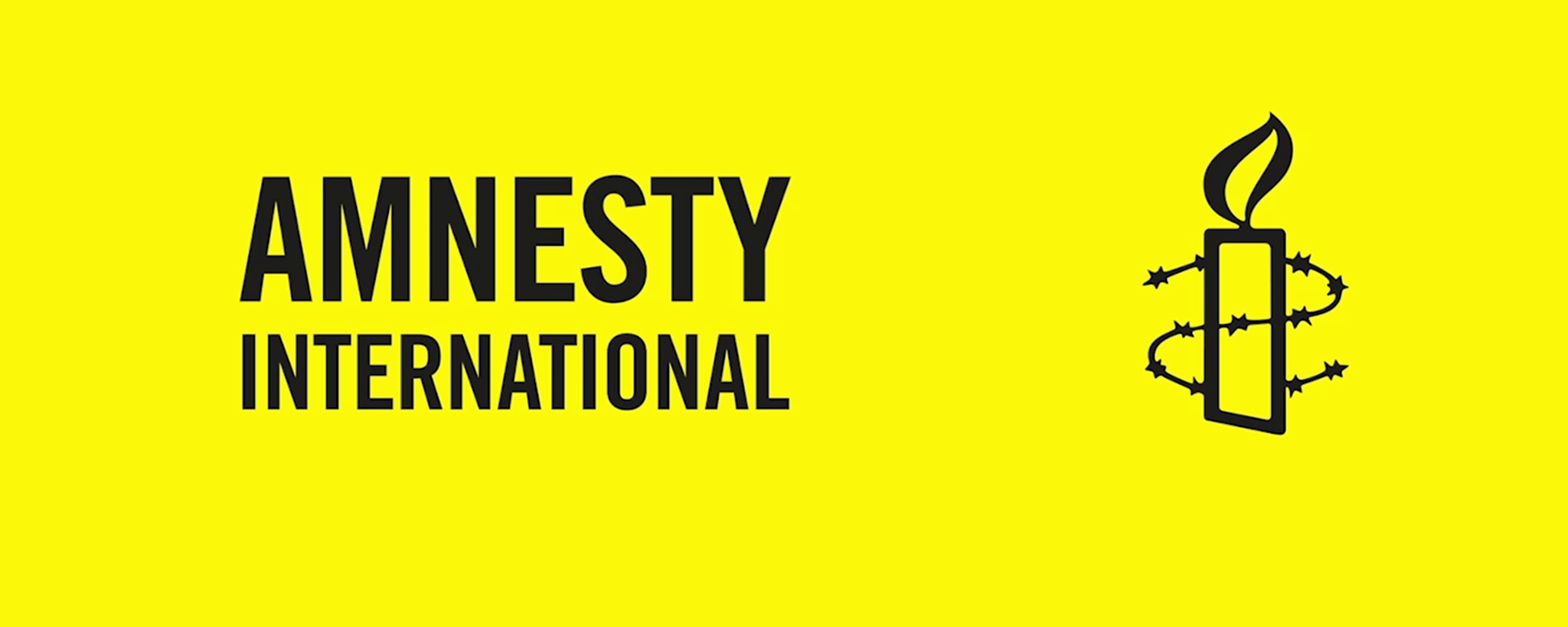[authorbox authorid=”28″ ]
[dropcap size=big]F[/dropcap]or many years, Turkey and the Jews residing in it, were proud of the fact that even after all the Muslim countries have had their Jewish population almost emptied, while the Jews in Turkey kept on living in the country that invited and welcomed them after Catholic monarchs in Spain and Portugal ordered their expulsion them in 1492.
Nowadays, the scale has tipped backwards, with Spain and Portugal welcoming the descendants of the expelled to obtain their passports, whereas Turkey’s President, Recep Tayyip Erdoğan, was the one who led many Jews to leave Turkey in the last several years due to his harsh words.
Prior to World War I, Turkey counted over 150 thousand Jews, most of whom were concentrated in Istanbul, where Jews have been residing ever since Spain’s Explusion. Ever since then, there has been a steady decrease in the Jewish community and since the Islamist Justice and Development Party came to rule, the process of Jewish population decreasing in the country started to speed up.
Even prior to Erdoğan’s election, the Jews were no strangers to hostility, as seen in the horrific terror acts in 1986 and 2003 in Neve Shalom and Bet Israel synagogues respectively. These synagogues that are located in Galata neighborhood in Istanbul have witnessed the terror acts that cost 45 human lives (both Jewish and non-Jewish).
With that being said, what separates those horrific events from Erdoğan’s words and actions, is their nature of cause. In the past, the official Turkish government detested the harming of Jews, whereas nowadays the narrative has changed with the hatred being spread from the top and the incitement reaching the public.
Another difference lies in the changed focus, namely, if in the past most of the criticism in Turkey was directed towards Israel as a country, after the changed focus the criticism is directed at the Jews. The meaning this change carries is that now even the local Jewish community is seen as part of the problem and there is no actual distinction between them and Israel.
In the last decade, as a result from the negative approach towards the Jews, many of the Jewish community in Turkey found themselves looking for another country to make their new home. Many distressing evidences to this can be found in the lines below.
During a visit that was held in 2016 to the synagogue that suffered from those horrific attacks, the Shabbat service had only three Jews and the synagogue manager (Gabbai). Following a short discussion, they have decided to not open the place for Shabbat prayers since there is no Minyan (in order to hold a service, the Jewish tradition requires at least ten adults to form a group called “Minyan”). “We used to have sufficient Minyan even on working days”, said the supervisor of the synagogue, who asked to remain anonymous. “On Saturdays there were always 30-40 Turkish Jews who would come to pray and Israelis who would come to visit the city would join them. It was fun and exciting here. Now, it’s a museum”, he added with sadness. In order to enter the synagogue one has to pass through three armored doors, a security check and leave a photocopy of their passport. The entrance to the Jewish community center in the city is no less secured than the entrance to the Israeli embassy in Ankara.
A Jewish couple in their sixties (Sh. D.), who immigrated to Israel in the past several months and joined their children who were already living here for several years shared that the decision was necessary “due to the uncomfortable life of being an atheist, no matter if Jewish or Muslim”. According to them, anyone who doesn’t support Erdoğan’s rule suffers from a difficult life and anyone who can- leaves to Israel, Europe or North America.
According to Anti-Defamation League’s survey from 2015, 71% of the Turks hold anti-Semitic stereotypes towards Jews.
A notable example of this happened when the famous Turkish singer Yıldız Tilbe twitted “God bless Hitler”, and the mayor of Ankara, Melih Gökçek, commented on her twit saying “I salute you”. For R. (A Jew living in Istanbul, 25)’ the last straw that brought him to want to leave was an anti-Semitic crossword puzzle that appeared in the newspaper in 2014. He says “there are many reasons to leave: lack of opportunities, an increasing polarization in the public and tyrannical leadership. But the hatred towards our community was the last straw”, he adds “there is no future here”.
Speaking of, T. (a Jew living in Istanbul) says that he has a hard time picturing his children’s future in the city or in the country in general. “I’m 54 now. I’d like, by the age of 60, to immigrate to Israel. However, as long as I feel I can manage my life here in Turkey, I’ll stay. At least for now, we manage to maintain the daily routine and make a living despite everything that’s happening. But my children are an entirely different topic. I believe that my children have no future in Turkey and I can guarantee their safety”.
According to T., some professional routes are impossible to pursue for Turkish Jews. “A Jew can’t be an officer in the Turkish army, no matter for how many generations his family is in Turkey and how many times he swears loyalty to the country. A Jew can’t send his son to a military academy that is regarded as a prestigious institution”.
The immigration data of Turkish Jews to Israel indeed confirm this reality. In 2015, there were 98 Turkish Jews who immigrated to Israel and two years later the number spiked to nearly four hundred.
However, there are also other voices within the Jewish community. Just like N. (column writer at the Jewish weekly newspaper “Shalom”), who believes that Turkey has actually done several positive symbolic steps towards improving ties with the Jews.
The Turkish government has spent US$2.5 million for the renovation of a big synagogue in Edirne and in 2015 started to participate in the international Holocaust Day commemorated by the UN”. She continues “These steps are positive, but they have no continuation”, says N. “It’s always one step forward and one step back, confusing declarations and inconsistent implementation- all these arouse concerns within the community”.
The future doesn’t seem promising for the decreasing community and it would be only right for the country of Jews (Israel) to act in any way possible to assist those who decide to stay and welcome in open arms those who decide to immigrate to it.
It is to be hoped, even if unfortunately there are currently no signs to confirm it, that the Turkish government will change its course of action toward the ethnic and religious minorities residing under its rule, and the Jews among them.
It would be wise for the European Union to accent this issue, the difficulties for the Jewish and other minorities, and to push for solving it in any interaction within and with Turkey and its representatives.
- New shuffle of cards in macro politics? - 12/02/2019
- What Caused the Change in the U.S. Policy Regarding Fethullah Gülen’s Issue? - 01/01/2019
- Being a Jew under Erdoğan’s Rule - 20/09/2018



